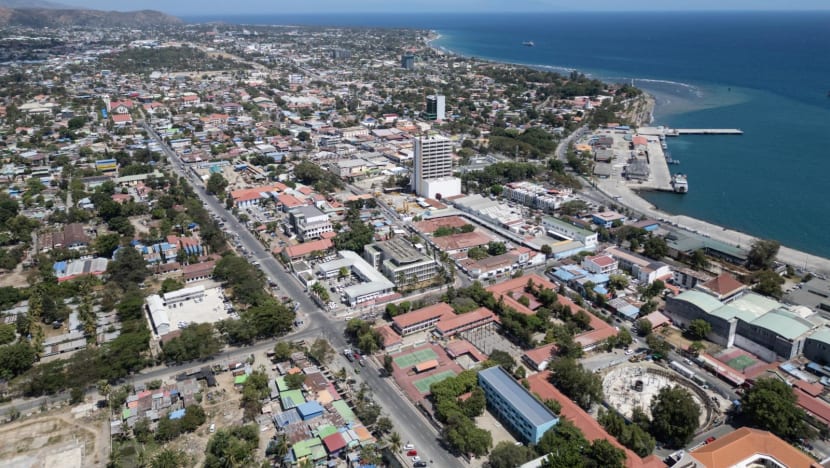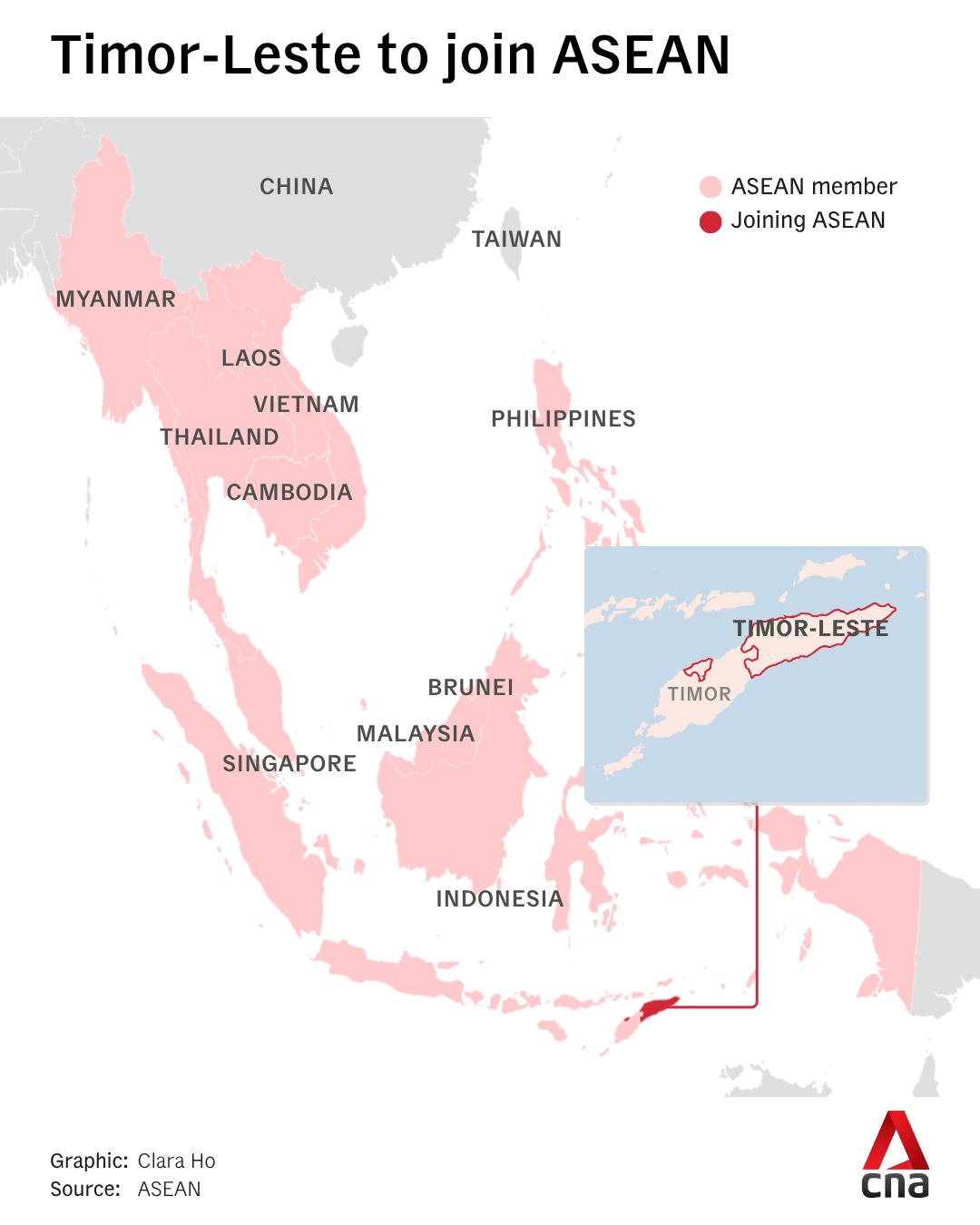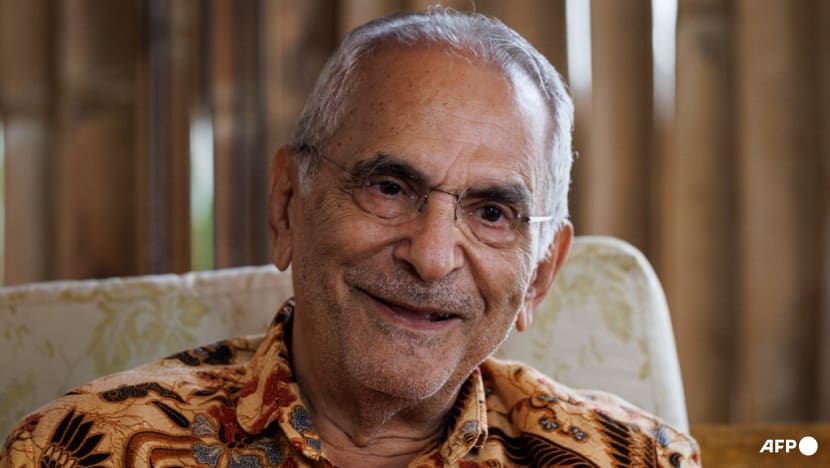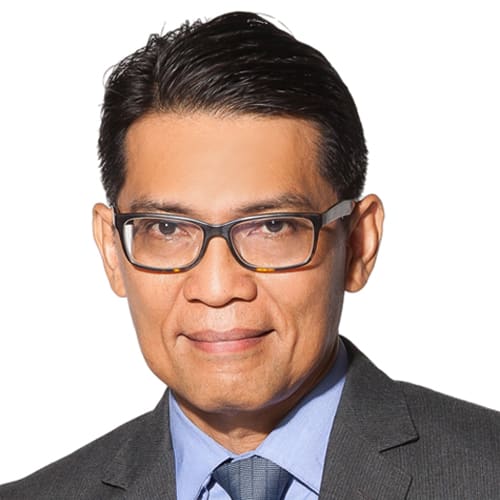'A more attractive place to invest': Timor-Leste seeks trade and job growth with ASEAN membership
The region’s youngest nation, which gained independence in 2002, will become the bloc’s 11th member.


This audio is generated by an AI tool.
DILI, Timor-Leste: Timor-Leste is poised to make history as it prepares to formally join the Association of Southeast Asian Nations (ASEAN) when regional leaders gather for their summit in Kuala Lumpur later this week.
The region’s youngest nation, which gained independence from Indonesia in 2002 after 24 years of occupation, is set to become the bloc’s 11th member.
Dili sees ASEAN membership as a gateway to greater trade, investment and job opportunities for its rapidly-growing youth population, as well as a signal of its readiness to contribute to regional stability and cooperation.

PREPARING FOR COMPETITION
Timor-Leste Prime Minister Xanana Gusmao said joining ASEAN will give his country access to a market of more than 600 million people.
“It will connect us more deeply to regional supply chains and make Timor-Leste a more attractive place to invest,” he added.
However, ASEAN membership will also bring tougher competition. Local businesses are expected to face pressure from more established regional players.
Timor-Leste’s Chamber of Commerce and Industry has been preparing its members through training and capacity-building programmes to help them navigate ASEAN market procedures and regulations.
Hergui Luina Fernandes Alves, the chamber’s vice president of promotion and cooperation, noted that understanding trade rules is essential before entering a new market, and that efforts are under way to facilitate business matching between Timor-Leste and other ASEAN members.
The nation is also investing heavily in infrastructure to support trade.
For instance, the Tibar Bay Port, which began operations in 2022, is the largest infrastructure project in the country and a vital maritime gateway for economic diversification.
The modern container port – Timor-Leste’s first public-private partnership development – represents an investment of US$490 million.
It features modern handling equipment and has the capacity to handle up to one million containers per year.

ADDRESSING ASEAN’S RESERVATIONS
Timor-Leste formally applied for ASEAN membership in 2011.
Sharon Seah, senior fellow and coordinator at the ISEAS-Yusof Ishak Institute’s ASEAN Studies Centre, said the bloc had to address concerns about Timor-Leste’s readiness to meet its obligations, as members weighed whether its inclusion might slow economic integration.
The half-island nation, which shares a land border with Indonesia on the island of Timor, still struggles with inequality, malnutrition and unemployment.
“Timor-Leste's accession will come at a time when much of the geopolitical environment has changed drastically in the last few years,” said Seah.
She added that the world has entered a period of intensive major power competition and “a lot of that rivalry is played out here in Southeast Asia”.
“I think there may have been a strategic calculus in ASEAN bringing Timor-Leste into the fold rather than to leave it out and allow another arena of competition to develop in the region,” she said.
Over the past decade, China has significantly deepened its presence in Timor-Leste, and those signs of influence cannot be ignored, Seah added.
ASEAN offers the country an alternative path “to develop and to shield itself from unwanted interference”, she noted.
A NEW CHAPTER AWAITS
Timor-Leste’s President Jose Ramos-Horta, who has long championed his country’s bid to join the grouping, said Dili is ready to host its first ASEAN Summit in 2029 and pledged that it will not be a “burden” to the bloc.
“Since independence, we have never failed our five-year cycle of elections for president and for government, for parliament,” he added.
“Results are always accepted, not contested, and produce very diverse political arrangements. So, it shows the strength of democracy.”
According to international democracy indexes, Timor-Leste is considered the strongest democracy in Southeast Asia.
Political observers say the country's membership could bring fresh energy to ASEAN.
“Timor-Leste, because of its history of fighting against Indonesian occupation, it's very vigorous in defending its civil liberties in political space,” said Dewi Fortuna Anwar, research professor at the Jakarta-based National Research and Innovation Agency (BRIN).
“Looking at the leaders of Timor-Leste, like Xanana and Ramos-Horta, they are a bit iconoclastic. They are probably less shy of voicing their divergent opinions in a room that is usually bound by consensus.”
In 2023, ASEAN members agreed to adopt a roadmap for Timor-Leste's accession to the bloc.
But the country's entry into ASEAN this month marks a milestone and not the finish line, stressed observers.
Timor-Leste’s Vice Minister for ASEAN Affairs Milena Maria Da Costa Rangel said the process involves a whole-of-government approach, with participation from universities, civil society, and the private sector.
“We would like to have more engagement with our own region – people-to-people connections that will build a strong Southeast Asia,” she said.

















